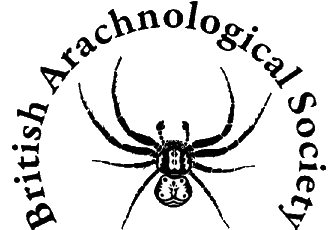Dealing with Spider Bites
Spiders possess venom that enables them to subdue and kill their prey, usually insects. This makes spiders one of the most beneficial of invertebrate groups, in other words they are useful to mankind. However, spiders occasionally bite humans. Few have fangs that can penetrate the human skin or even have any inclination to try. Bites are usually accidental and happen only when the spider is trying to defend itself. They are occasionally painful and, in rare cases, dangerous - though not in the UK.
Despite this, a spider bite provokes an excessive media reaction when considered against the number of people stung by wasps and bees or bitten by mosquitoes. Worldwide, more than 38,000 species of spiders are known and perhaps 500 can cause a painful bite, of which a dozen should be regarded as dangerous. Certainly, in the warmer parts of the world, species that should be treated with considerable respect include Widow and Red-backed Spiders (Latrodectus spp.), Wandering Spiders (Phoneutria spp.), Recluse Spiders (Loxosceles spp.), and Australian Funnel-Web spiders (Atrax spp.). In Britain, very few species have been known to bite and cause any problem.
However, the rarely seen Water Spider (Argyroneta aquatica), the False Widow (Steatoda nobilis), the Woodlouse Spider (Dysdera crocata) and, on the continent, the larger species of Sac Spiders (Cheiracanthium spp.) should be treated with respect. The size and position of the jaws (chelicerae) enable these spiders to puncture the skin. Perhaps these spiders are less tolerant of being handled so respect spiders but do not be afraid of them.
A relative of the Common House Spider (Eratigena agrestis) is known to be an aggressive biting spider in the USA, where it has been introduced. There it is found in houses and causes some concern. In Britain it is very rarely found in this type of habitat and there are no records of this species biting man in its native European range. It is possible that a different genotype has arisen in the USA. If you are bitten, don't panic.
